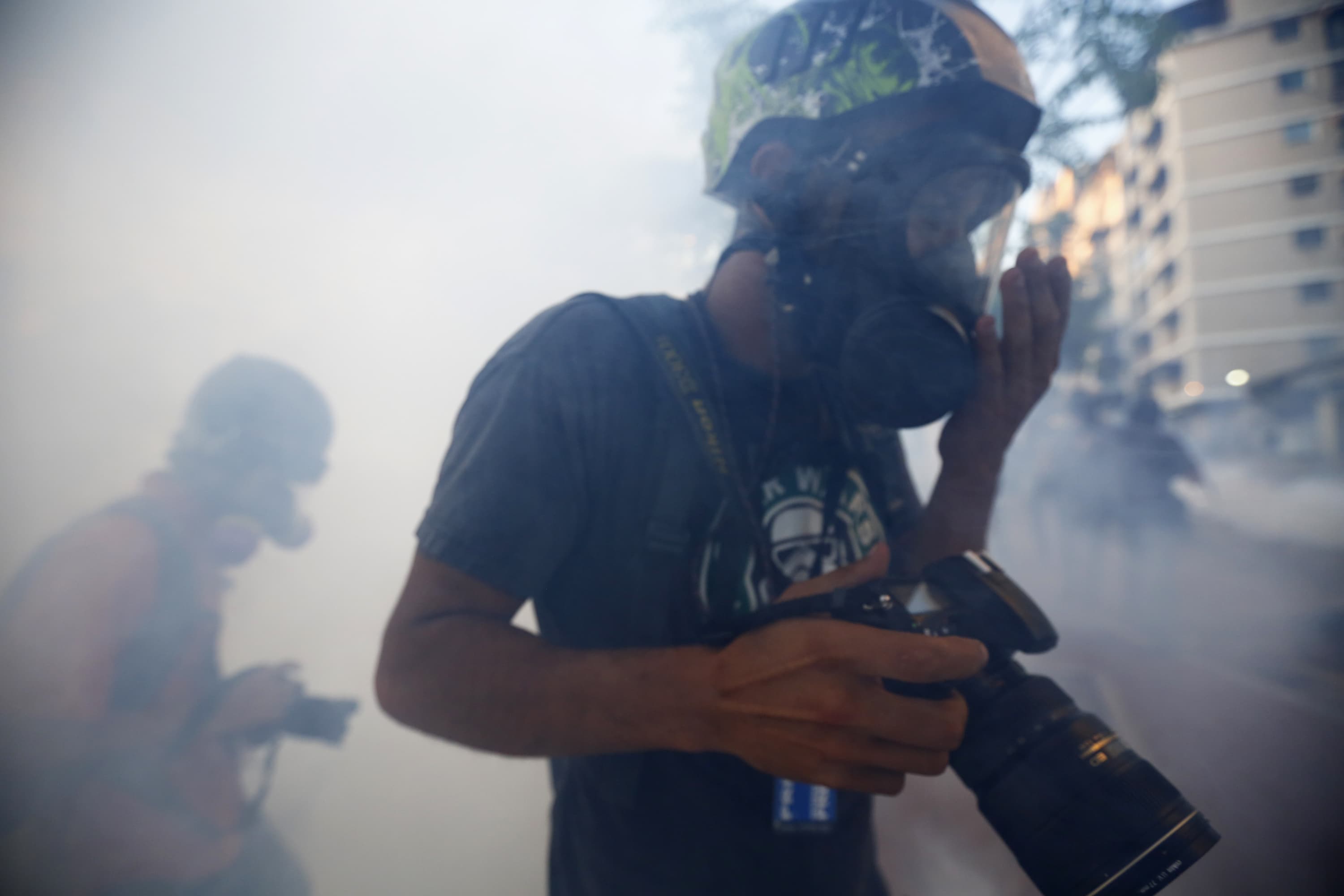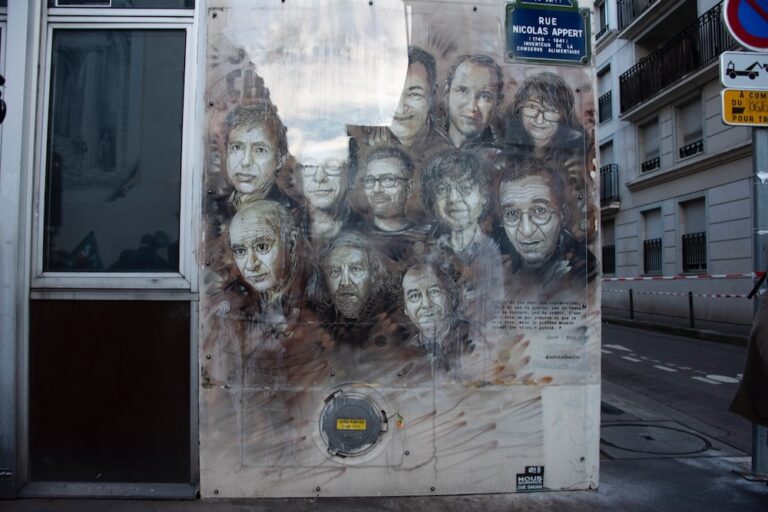A one day meeting on the protection of journalists under international human rights and criminal law held at the Council of Europe in Strasbourg, France stressed the need to use the plethora of legal instruments to provide enhanced safety for media professionals.
A one day meeting on the protection of journalists under international human rights and criminal law held at the Council of Europe in Strasbourg, France stressed the need to use the plethora of legal instruments to provide enhanced safety for media professionals.
The meeting, organised by the Council of Europe, Unesco and the European Lawyers’ union brought together journalists, legal experts, Council of Europe and UN senior officials.
In a wide ranging debate, the meeting agreed that attacks on journalists are symptoms of the situations where democracy is weak and human rights are not properly respected and enforced. Participants discussed various human rights mechanisms and standards at the UN and regional level which imposed on governments positive legal positive obligations.
These should be made to contribute better to fighting impunity for violence on journalists, particularly interim measures the UN and regional human rights mechanisms can take when there is severe risk to people’s physical safety.
Concerns were raised over the lengthy peocesses involved in these procedures and the lack of domestic implementation of international standards to give applicants access to remedies before national jurisdictions. In light of the current safety crisis in media, it was recommended that the emergency of the situation needs to be matched by the urgency of engagement by creating an international movement against impunity and provide greater protection of journalists.
In this regard, the IFJ urged an enhanced role of international mechanisms to ensure execution of the courts’ rulings, following successful petitions before regional human rights courts over the governments’ failure to investigate killings of journalists such as the case of Gambian journalists Dayda Hydara at the Ecowas court in which the Federation was a joint applicant. Another IFJ demand concerned the collaboration between journalists and the legal community in assisting with court cases, after the initiative of the International Bar Association which developed an application for documenting evidence on violations against journalists.
The Council of Europe also announced the launch of an online platform next month in partnership with various organisations, including the IFJ. It is expected that the platform will contribute to the protection of journalists by documenting violations of journalists’ rights with a view to ensuring high visibility of the situation of press freedom climate and alerting European institutions for timely actions, when required.



